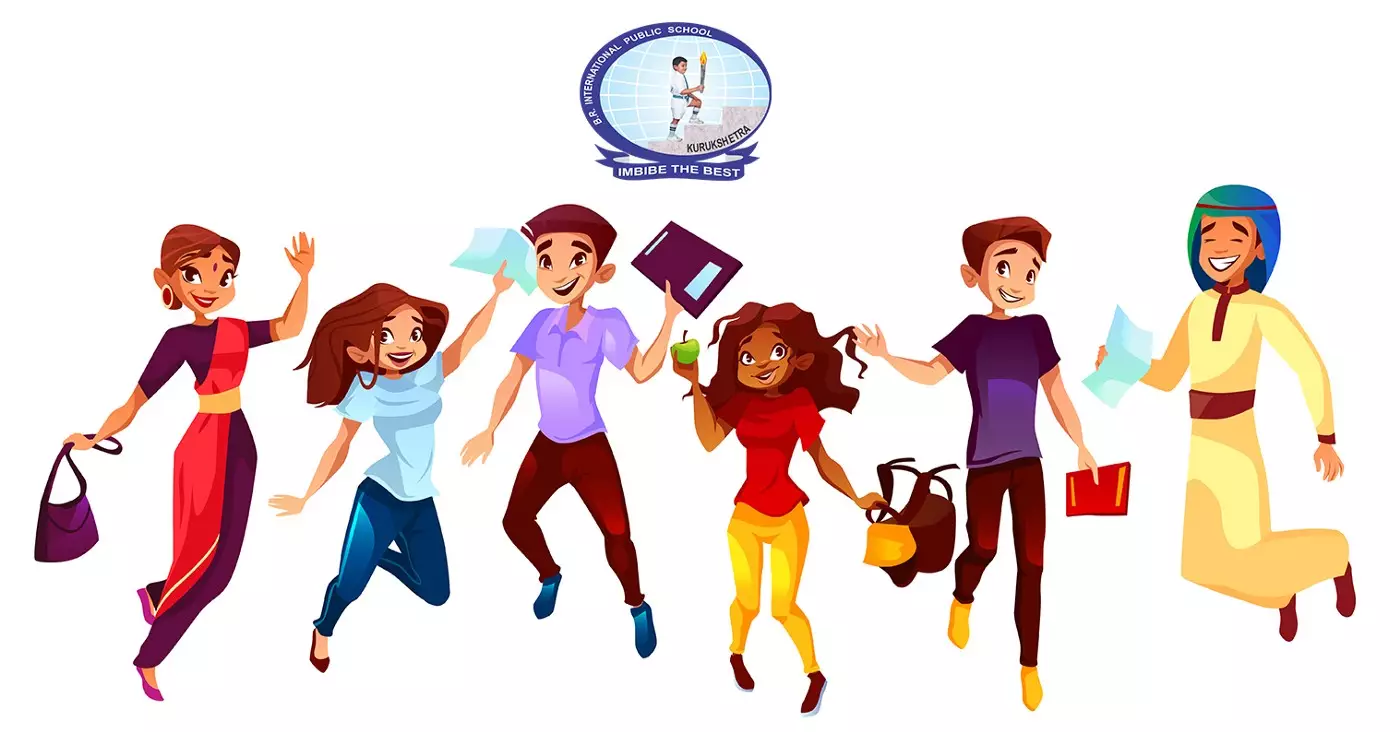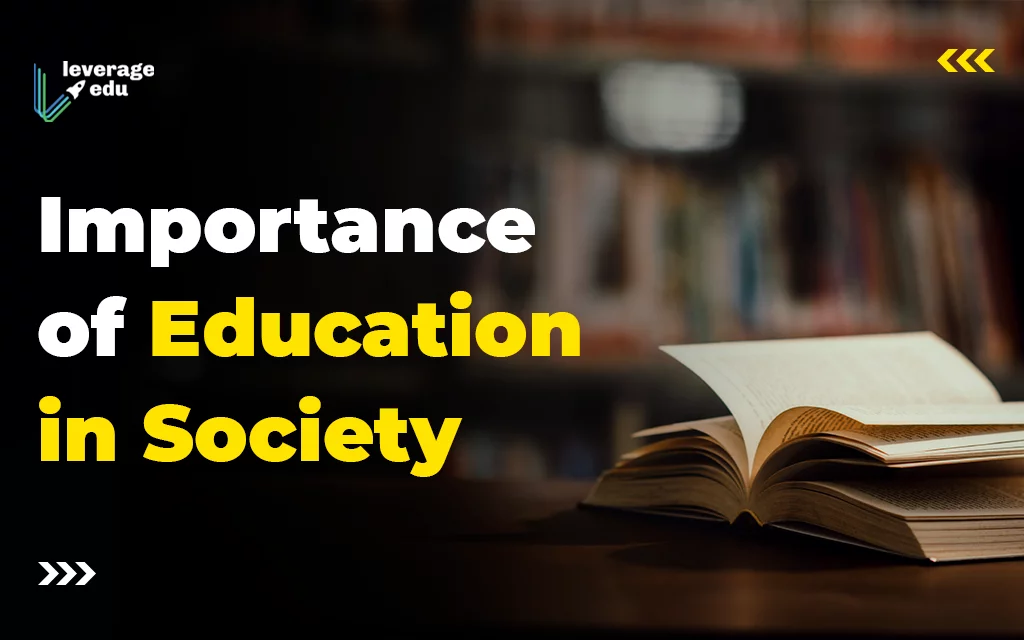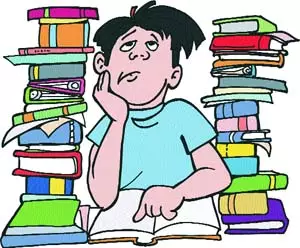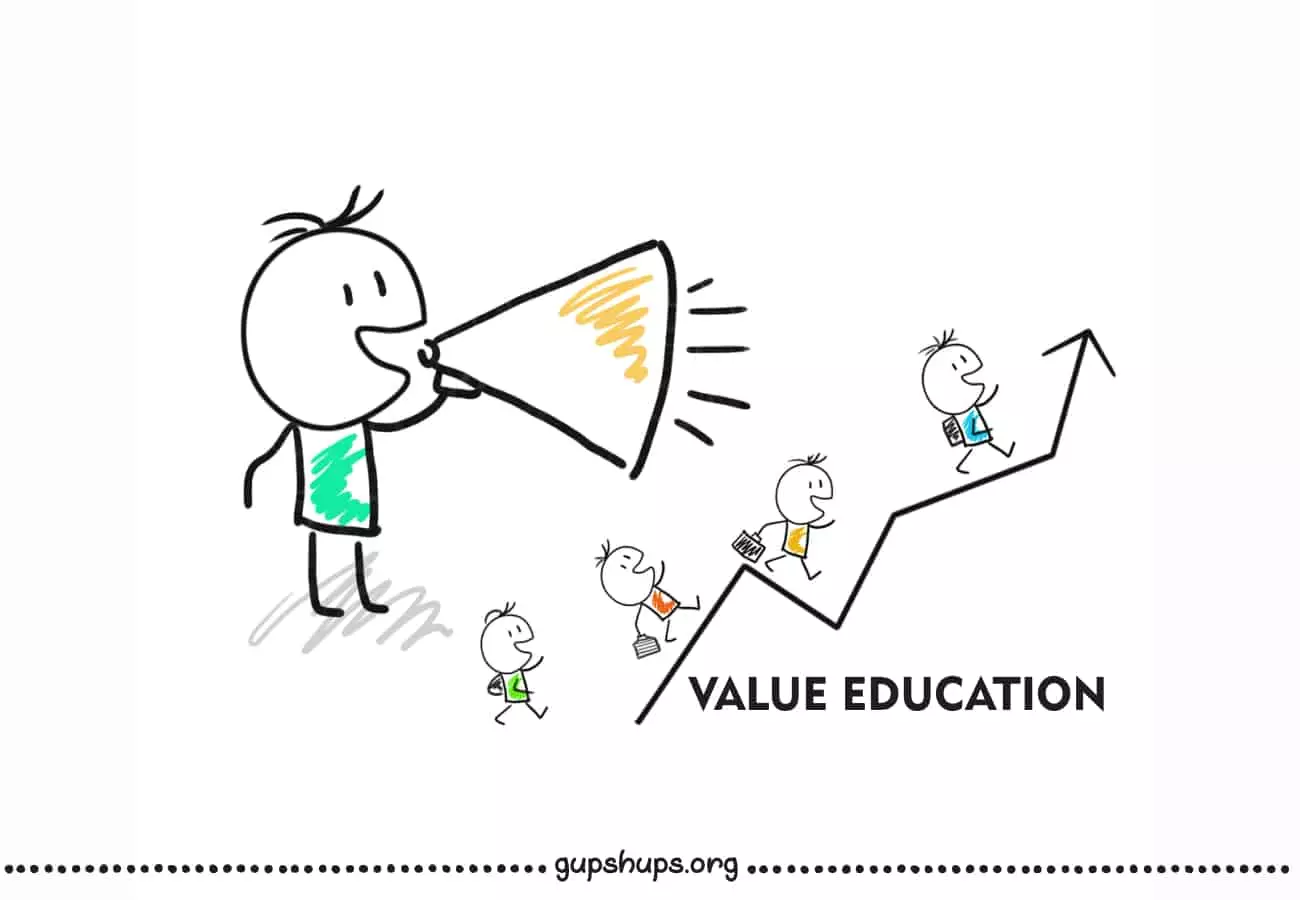What is difference between Literate and Educated.
Literate and Educated
Literacy has traditionally been described as the ability to read for knowledge, write coherently and think critically about printed material. Literacy represents the lifelong, intellectual process of gaining meaning from print. Key to all literacy is reading development, which involves a progression of skills that begins with the ability to understand spoken words and decode written words, and culminates in the deep understanding of text.
Reading development involves a range of complex language underpinnings including awareness of speech sounds (phonology), spelling patterns (orthography), word meaning (semantics), grammar (syntax) and patterns of word formation (morphology), all of which provide a necessary platform for reading fluency !and comprehension.
Once these skills are acquired, the reader can attain full English literacy, which includes the abilities to approach printed material with critical analysis, inference and synthesis to write with accuracy and coherence and to use information and insights from text as the basis for informed decisions and creative thought.
Traditionally considered the ability to use written language actively and passively, some definitions of literacy consider it the ability to “read, write, spell, listen, and speak.” Since the 1980s, some have argued that literacy is ideological, which means that literacy always exists in a context, in tandem with the values associated with that context.
Prior work viewed literacy as existing autonomously. A basic literacy standard in many societies is the ability to read the newspaper. Increasingly, communication in commerce or society in general requires the ability to use computers and other digital technologies.
It is argued that literacy includes the cultural, political, and historical contexts of the community in which communication takes place. Taking account of the fact that a large part of the benefits of literacy obtain from having access to a literate person in the household, a recent literature in economics, starting with the work of Kaushik Basu and James Foster, distinguishes between a ‘proximate illiterate’ and an ‘isolated illiterate’.
The former refers to an illiterate person who lives in a household with other literates and the latter to an illiterate who lives in a household of all illiterates. What is of concern is that many people in poor nations are not just illiterates but isolated illiterates.
Educated An educated person is someone who has learned how to acquire, analyze, synthesize, evaluate, understand, and communicate knowledge and information. An educated person has to develop skills that respond to changing professional requirements and new challenges in society and the world at large. He or she must be able to take skills previously gained from serious study of one set of problems and apply them to another.
He or she must be able to locate, understand, interpret, evaluate, and use information in an appropriate way and ultimately communicate his or her synthesis and understanding of that information in a clear and accurate manner.
Education is not about certificates and degrees education is about how a person relates to life. As Greek philosopher Epictetus said: “Only the educated are free.” Education is the opposite of indoctrination’. Indoctrination tells people what to think, tells people what the “truth” is, and closes minds to critical thought. Education, on the other hand, opens the mind, encourages a search for truth and develops a mind that can engage critically with many different ideas.
An educated person (reminder an educated person might not have a college degree or even have attended school) would be one who searches for excellence, one who does not take things for grated, one who is concerned about people and things around him or her.
When so many of us agree that education is the key to freeing the mind, to solving most of the world’s problems, to making people from all corners of the globe, come together, we also mean education in the traditional, conventional sense, maybe because we’ve never thought of anything different. Education for us means a teacher, a school, a set syllabus, perhaps time frames within which certain bits of knowledge or information need to be imbibed, digested and then displayed so we can be tested on our understanding.
Maybe it’s time to change our way of thinking. In a world that is changing so fast, should our old ideas about education be the only way there is? Yes, there have been changes through the years in the way education has been structured and perceived but it was all done within a certain framework. Is it time to think out of the box?





